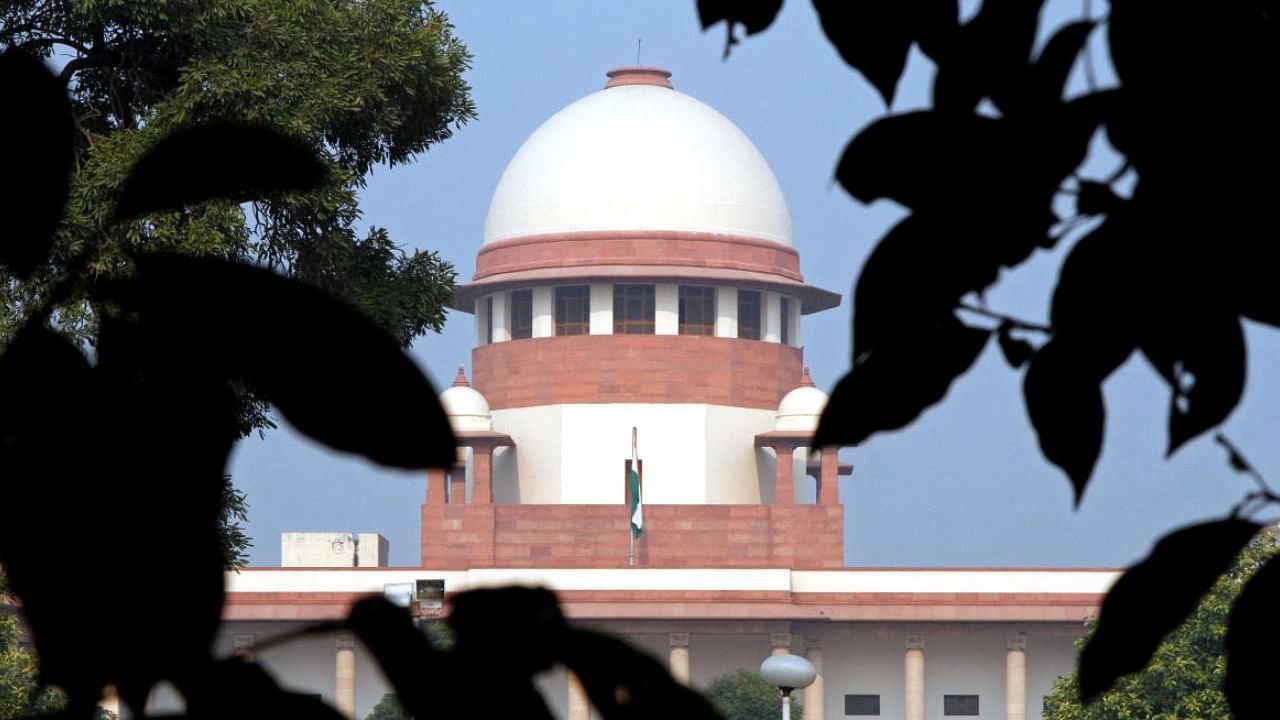
The Supreme Court has said policies for enhancing access to rural healthcare must not shortchange the citizens residing in rural areas or subject them to direct or indirect forms of unfair discrimination based on their place of birth or residence.
The top court also clarified that a state legislature has no competence to enact a law regarding modern medicine or allopathic medicine contrary to the standards determined by the central law.
"Any variation between the standards of qualification required for medical practitioners who render services in rural areas qua the medical practitioners rendering services in urban or metropolitan areas must prescribe to constitutional values of substantive equality and non-discrimination," a bench of Justices B R Gavai and B V Nagarathna said.
The bench said that deciding the particular qualifications for medical practitioners practising in different areas and fields, providing different levels of primary, secondary or tertiary medical services, is within the mandate of expert and statutory authorities entrusted with the appointment by the Parliament.
The bench further said that while the state has every right to devise policies for public health and medical education, with due regard to peculiar social and financial considerations, these policies ought not to cause unfair disadvantage to any class of citizens.
"The citizens residing in rural areas have an equal right to access healthcare services by duly qualified staff. Policies for enhancing access to rural healthcare must not shortchange the citizens residing in rural areas or subject them to direct or indirect forms of unfair discrimination on the basis of their place of birth or residences," the bench said in its 139-page judgment.
The court's judgment came on an appeal against the Gauhati High Court order, which struck down the Assam Rural Health Regulatory Authority Act, 2004, on the ground that it was ultra vires the Indian Medical Council Act, 1956 and unconstitutional as well.
"We hold that decision of the Gauhati High Court holding that the Assam Act to be null and void, is just and proper," the bench said.
The Assam government had, on April 18, 2004, introduced a three-year diploma course to address the issue of the shortage of qualified medical professionals by producing a cadre of doctors allowed to practice modern medicine to a minimal extent.
The Indian Medical Association, which challenged the validity of the Assam Rural Health Regulatory Authority Act, 2004, contended that the law discriminated between patients living in rural areas and those living in urban areas, implying that the persons who live in urban areas are entitled to standard treatment, and those who live in rural areas are entitled to substandard treatment.
"There are more than 2,244 MBBS doctors working in the rural areas of Assam; even if there is a shortfall of doctors in the rural areas and the Assam Act aims to remedy the shortfall, the solution lies in increasing their coverage via permissible means and not otherwise," it said.